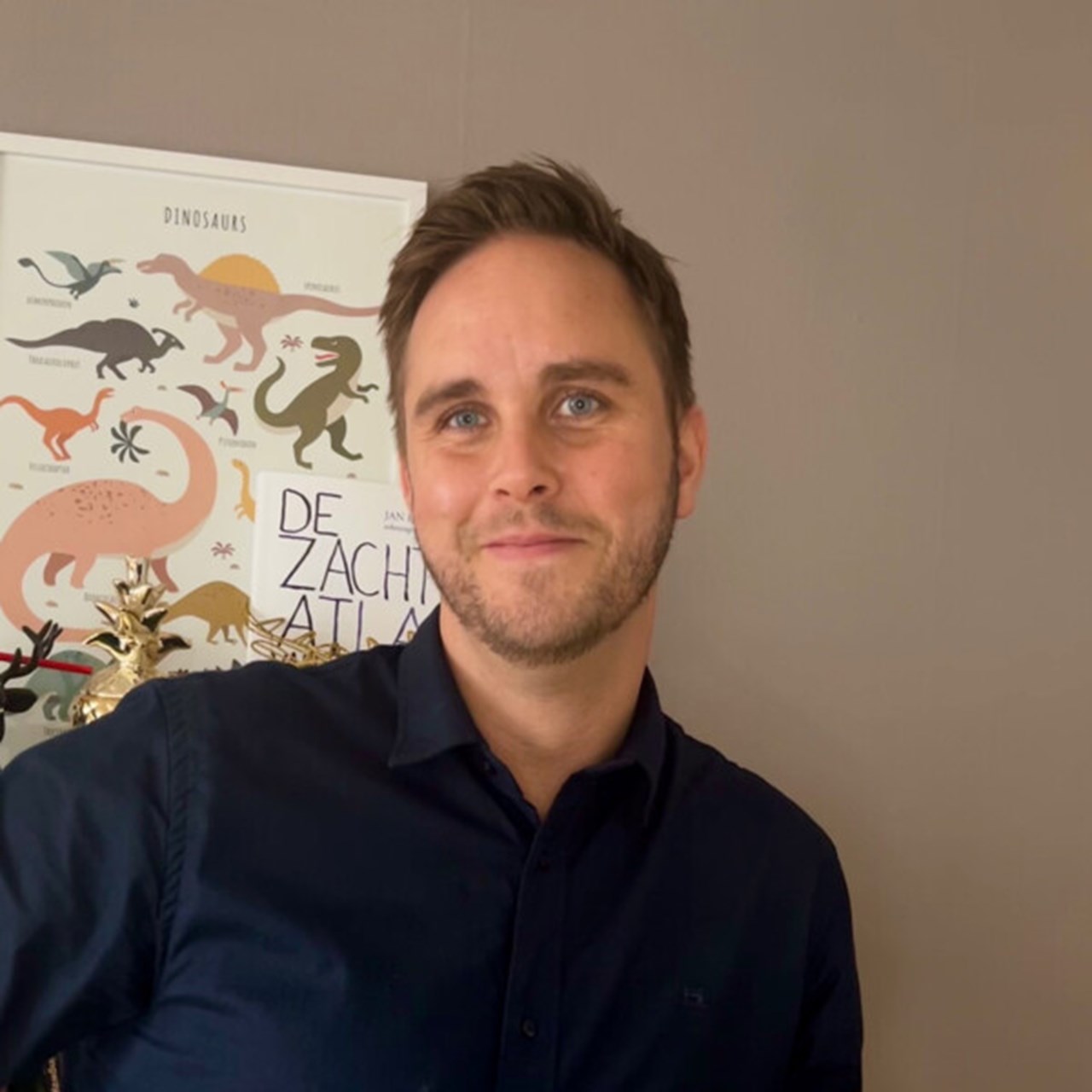About the Ig Nobel Prize
The Ig Nobel Prize is a satiric prize awarded annually since 1991 to honor ten unusual or trivial achievements in scientific research. Its aim is to "honor achievements that first make people laugh, and then make them think."
Organized by the scientific humor magazine, Annals of Improbable Research (AIR), the Ig Nobel Prizes are presented by Nobel laureates in a ceremony at the Sanders Theater, Harvard University, and are followed by the winners' public lectures at the Massachusetts Institute of Technology.
List of 2022 Ig Nobel Prize Winners
Sources: Wikipedia, improbable.com


